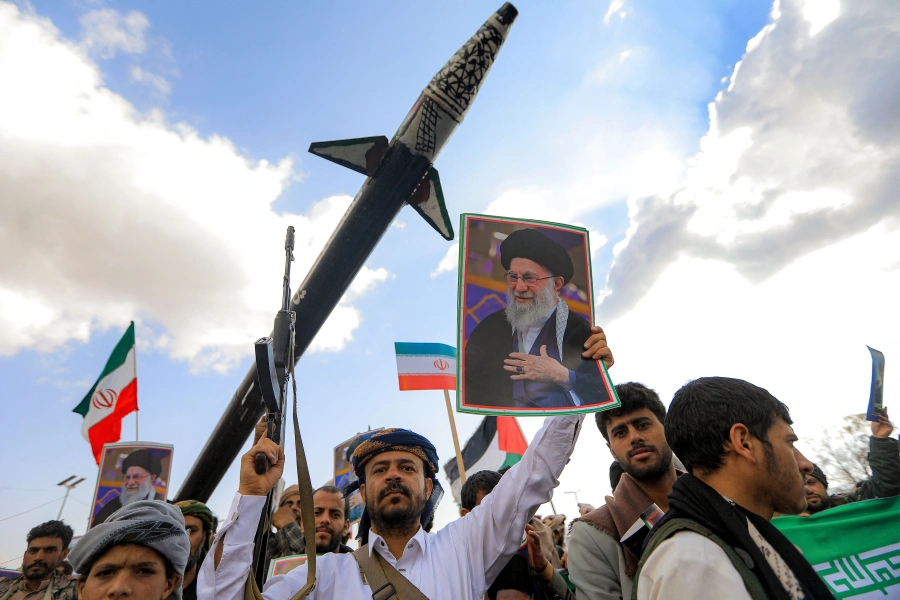KATHMANDU, Aug 30: On the International Day of the Disappeared, which falls on August 30 every year, various national and international organizations working for transitional justice-related issues based in Nepal have called for an end to continuing delays in justice for Nepal’s many victims.
Issuing a joint statement on Sunday, the organizations urged the responsible authorities to undertake immediate steps toward a reinvigoration of the transitional justice process while adopting a transparent and consultative process.
"On this occasion, the victims’ groups and human rights organizations in Nepal commend the patience and resilience shown by the family members of those subjected to enforced disappearance during the 10-year-long internal armed conflict from 1996-2006," reads the statement.
The organisations have also regretted for not bringing truth to the public regarding cases of disappeared, even 14 years after the signing of the Comprehensive Peace Accord in 2006.
"Although the Comprehensive Peace Agreement of 21 November 2006 between the government and the Communist Party of Nepal (CPN-Maoist), which formally ended the armed conflict, promised to make the fate or the whereabouts of the disappeared public within 60 days, thousands of families have been being denied the right to the truth about these cases for the last 14 years. This has led to wider denial of, accountability, access to justice and effective remedy and reparation," reads the joint statement.
Conflict victims urge parliament to revise Transitional Justice...

International law, including treaties to which Nepal is a party, obligates states to provide effective remedies to the families of the disappeared and others harmed as a result of the disappearance that includes truth, justice, reparation and guarantee on non-recurrence, according to the joint statement.
"These obligations under international law have been reflected in the Constitution of Nepal and have been reinforced by the Supreme Court in a number of cases. However, Nepal has not only failed to fulfill these binding obligations allowing for near total impunity, it has also disregarded the concerns, fears, suggestions, and demands presented by the victims’ families, communities, and other concerned stakeholders," the statement said.
The organizations accused the Truth and Reconciliation Commission (TRC) and the Commission of Enquiry on Enforced Disappearances (CIEDP) of failing to deliver on their mandates.
In their statement, the organizations, have demanded the following:
- To ensure the commissions provide, rather than delay and deny, truth and justice to victims;
- Start fresh consultations to amend its law in compliance with international human rights laws and Supreme Court directives, including by removing provisions for amnesty to the perpetrators;
- Appoint a new set of commissioners under the revised Act that respects victims’ basic right to truth and justice;
- Immediately ensure the social, cultural, economic, psychological and legal support suffered by the victims and families of enforced disappearance as part of victims’ rights to reparation;
- Revise the Penal Code to bring it in line with international standards. As a minimum, this should include:
• amending the definition of enforced disappearances to bring it in line with Nepal’s international obligations and the Convention on the Protection of All Persons from Enforced Disappearance
• revising the penalty for enforced disappearance in the Penal Code to make it proportionate to the gravity of the crime
• removal of the statute of limitations for enforced disappearance cases
- Ratify International Convention for the Protection of All Persons from Enforced Disappearances Punishment.
The undersigned national and international organizations include Accountability Watch Committee, Advocacy Forum-Nepal, Amnesty International-Nepal and Conflict Victims’ Common Platform (CVCP).





































